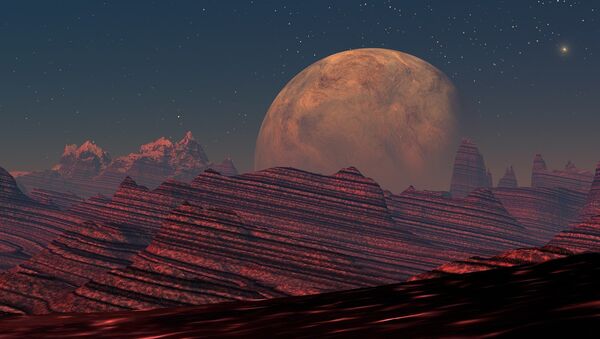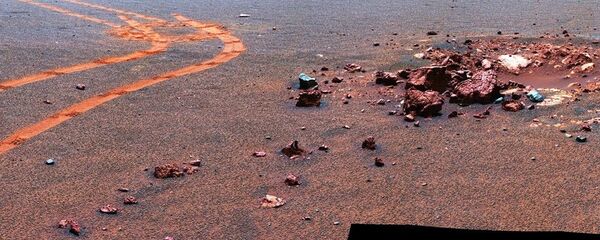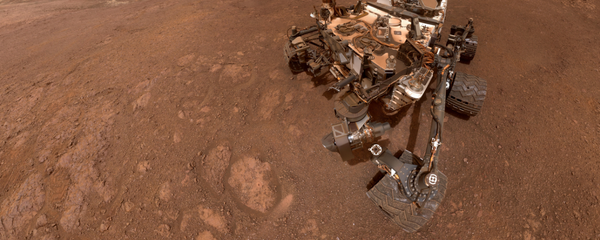In a brand new BBC2 series where he explores the history of our solar system over the last 4.5 billion years, Professor Brian Cox has revealed that “extraterrestrial life” could be hiding in a 900-mile-wide (1500 km) crater on Mars.
In this week’s episode of “The Planets”, Professor Cox is reported to have identified an area of Mars that he believes is most likely to host some form of life.
Dr. Cox explained how most of the Red Planet’s water was probably lost as its atmosphere changed.
The physicist said: “Much of its water evaporated and escaped into space, leaving only small traces behind frozen in patches across the planet.”
“There’s a crater on Mars called the Hellas Basin, which is 1,500 km (930 miles) across and 9 km (5.6 miles) deep; that means you could put Everest on the floor and the summit would not reach the rim.”
Cox detailed the possibility of microbes lurking on the surface due to the high air pressure in the crater’s basin allowing for liquid water to exist.
He said: “The air pressure is so high down there that liquid water can exist, so I suppose it's not impossible to imagine microbes coming up from deep below the surface to bask in the midday sun before disappearing back down below again to survive the cold of the Martian night.”
“But if life does exist out there it will certainly only be simple life,” he added.
READ MORE: Microbes Found in African Volcano REVEAL How Life Could Have Thrived on Mars
“There will be nothing, nowhere near anything as complex as you or me,” speculated the scientist.
According to the physicist, 3.5 billion years ago Mars had an atmosphere rich in greenhouse gases but could not hold on to it due to a relatively small size.
This allegedly made its rivers evaporate into space, “leaving only traces, frozen in patches across the planet, where missions continue to search for the first signs of extraterrestrial life”.
Earlier, Professor Brian Cox narrated the story of “worlds born and worlds lost” on Earth’s closest neighbours, Mars, Venus and Mercury, as he launched the new BBC2 series, saying each “appears to have had a moment where it’s enjoyed almost Earth-like conditions”.
In the docuseries, the celebrated scientist offers a fascinating tour of the solar system.
Cox has said the documentary, which has been co-produced by the Open University, is very different to other shows about the solar system due to it examining the very latest theories on the planet, while the series has an overall philosophy to it, too.





